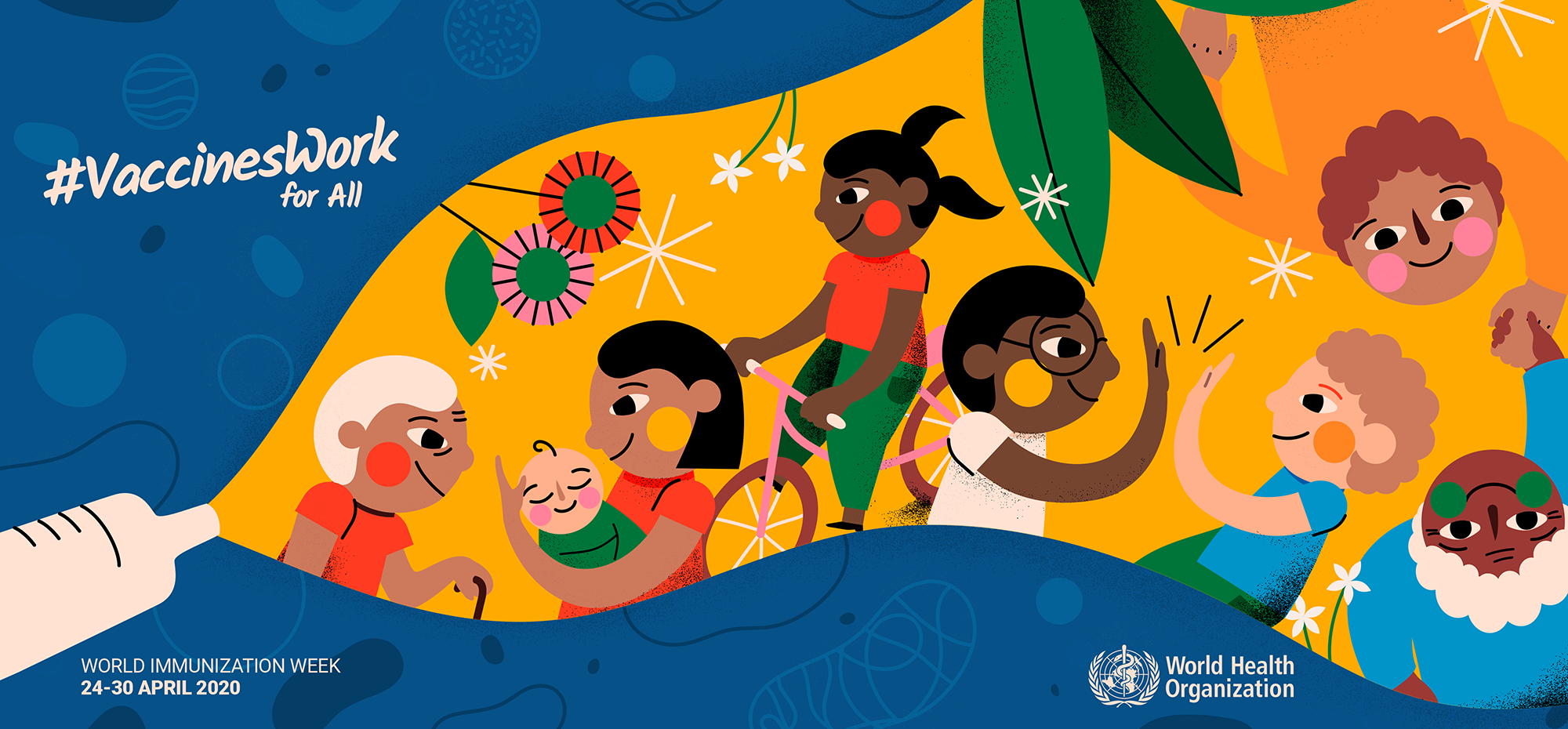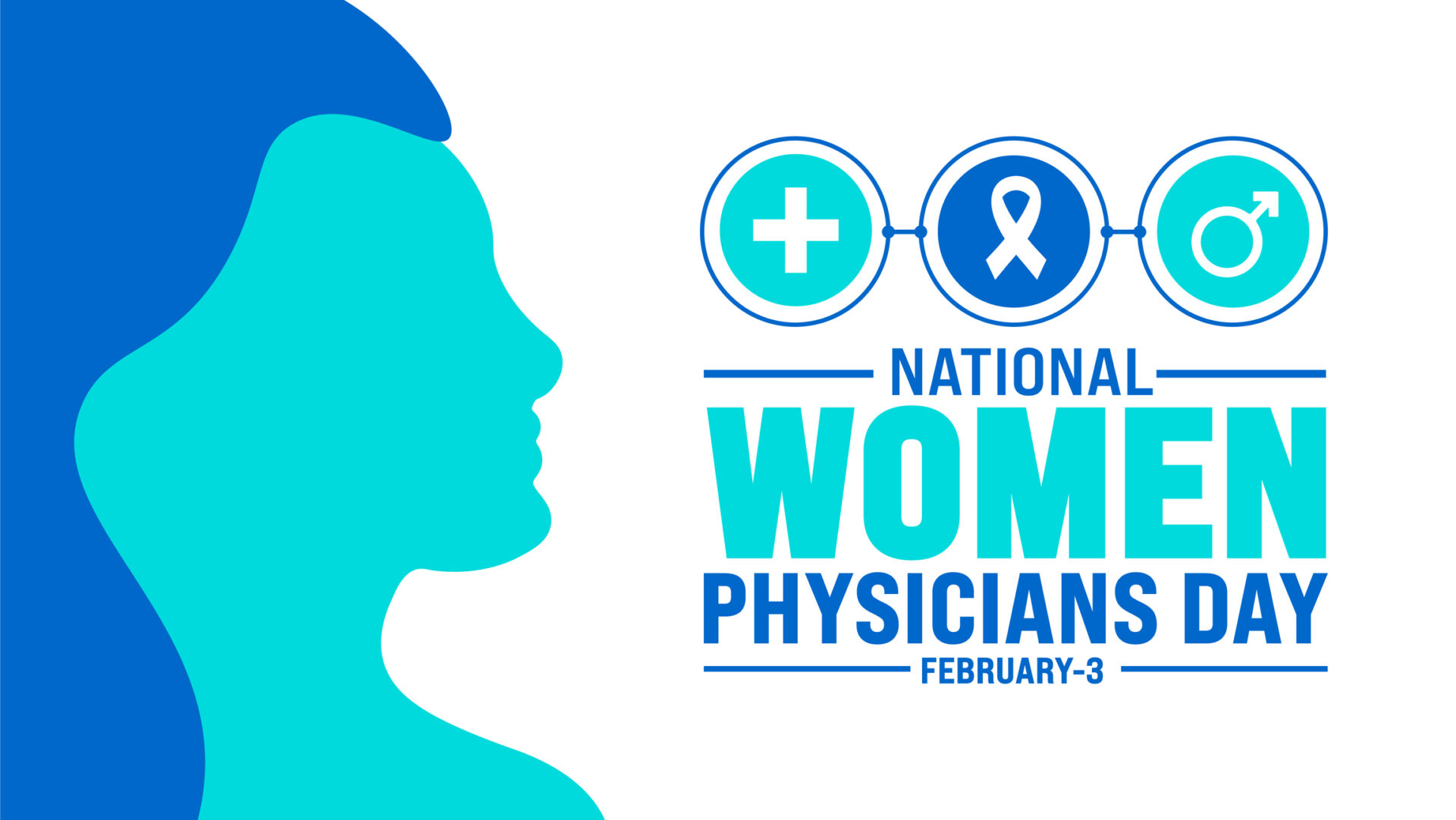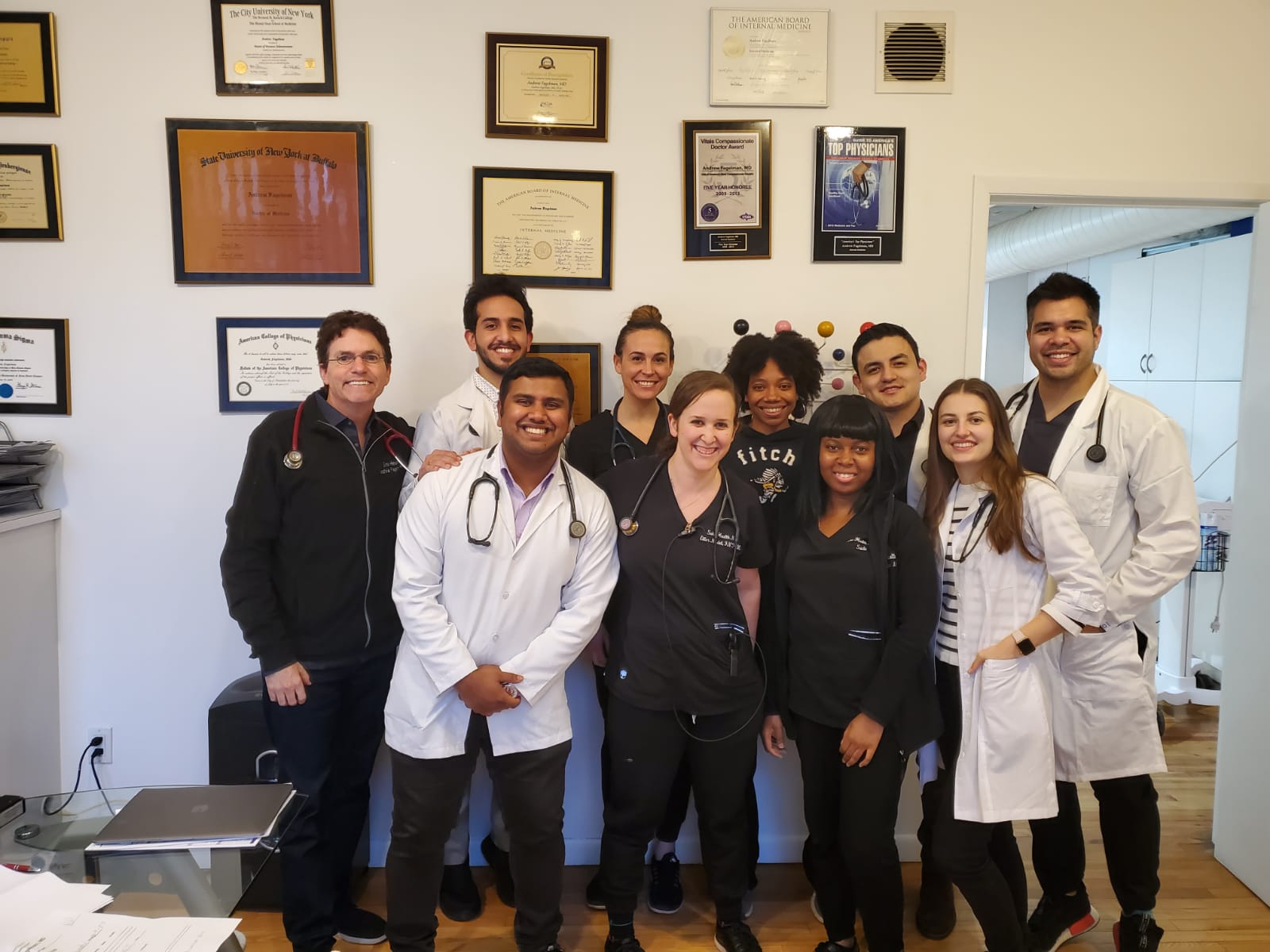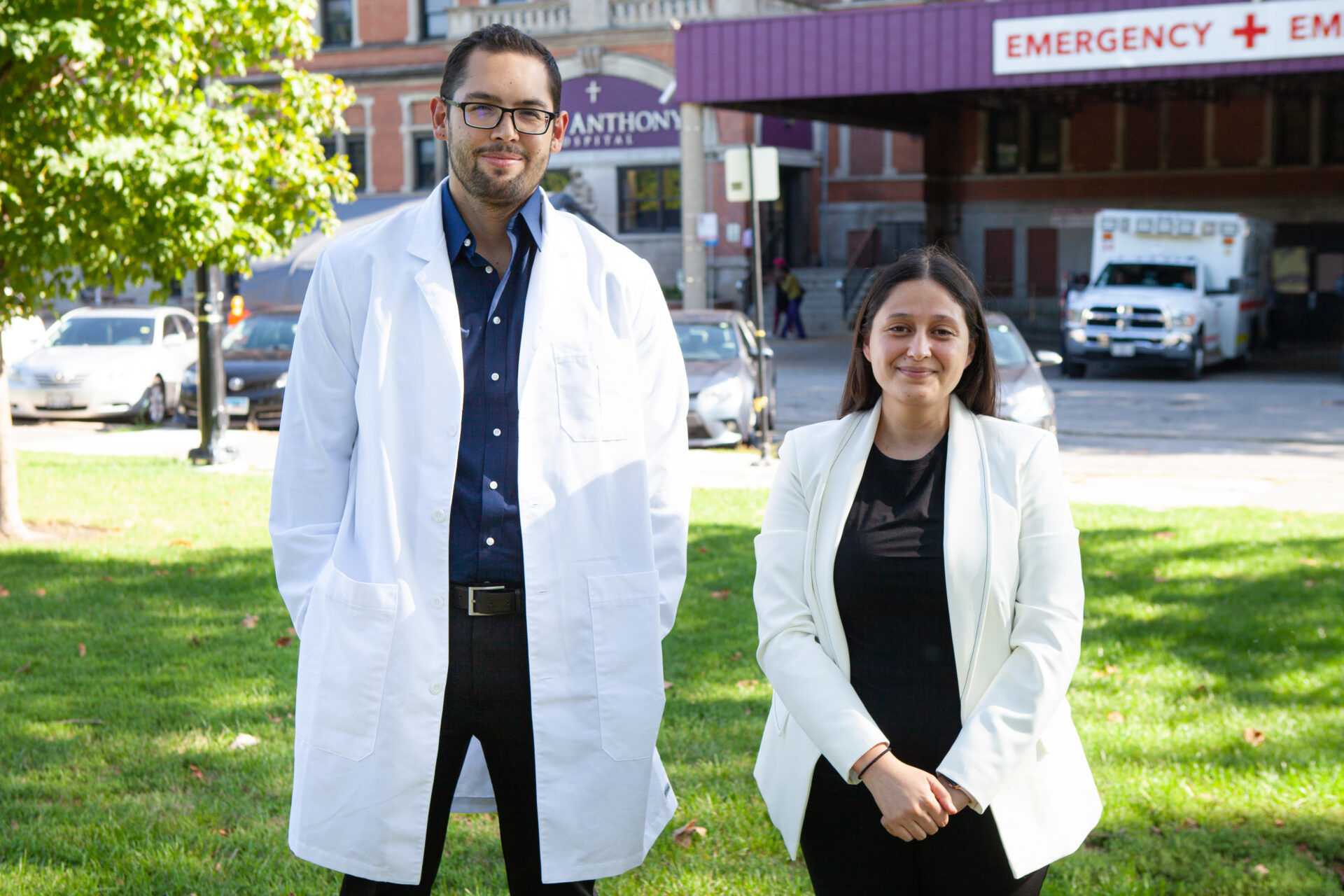Each year the World Health Organization spends the last week of April celebrating immunizations and the lives saved through their use. This year’s World Immunization Week aims to educate the public on the importance of vaccinations while addressing immunization funding disparities for vaccines around the world.
This campaign is especially relevant in the context of COVID-19. Scientists and epidemiologists are working every day to create and test a vaccine for the virus that could take 12-18 months to actually administer. With over 2.5 million people infected across the globe, it’s clear the positive impact a vaccine could and will have once tested, finalized, and distributed.
In the following blog post, we cover some necessary information on immunizations and their importance. We also include some tips for how you can use your voice (and social media platform) to support vaccinations for all!
The Basics of Immunization
Before we dive into why immunizations are so necessary, we want to take a moment to define what immunizations are. Immunizations, also referred to as vaccines, can help protect an individual from certain diseases and infections. Although this is usually achieved by introducing a small amount of a disease into a person through a needle, some immunizations take the form of nasal sprays. Once the vaccine is injected, the body begins training its cells on how to fight this new arrival. The hope is that, in the future, should an individual contract the disease they have received an immunization for, their body will be prepared to fight it off.
Immunizations are often given to children, but many adults do and should get vaccinations as well. The Centers for Disease Control recommend that all individuals receive 14 different vaccines. Immunizations lose their effectiveness over time, meaning individuals generally need to renew them. Immunizations required after the first dose are called boosters. The timeframe in which boosters are required for different diseases varies.
Immunizations as Preventative Medicine
Immunizations make an excellent case for the prioritization of preventative medicine. These vaccines have little to no side effects and can prevent an individual from contracting severe diseases, which, in the past, many individuals have died from. It’s estimated that immunizations save somewhere between 2 and 3 million lives each year.
In addition to saving lives, immunizations also save money. A majority of vaccinations are low in cost and may be covered by an individual’s insurance provider. It benefits the individual, their insurance provider, and the government to spend a little money and avoid future hospital bills, unemployment filings, and costs that may pile up should an individual get seriously ill. Immunizations save individuals, hospitals, and insurance companies roughly $295 million annually.
While recommended immunizations are fully approved by the Food and Drug Administration (FDA), some individuals choose not to vaccinate themselves or their children. Often, such decisions are made with concerns that vaccines and immunizations have the potential to cause autism or other diseases. Studies have not found any proof that such possibilities exist. Vaccinations are essential to eradicating diseases so that present and future generations can be as healthy as possible.
How to Celebrate World Vaccine Week
At present, nearly 20 million children are not vaccinated. That means they are at risk for contracting diseases like tetanus, diphtheria, whooping cough, meningococcal disease, hepatitis A and B, polio, measles Mumps, rubella, and the chickenpox, among others.
You can be part of the solution by advocating for immunizations. Post about World Immunization Week on your social media accounts from April 24-30 using the hashtag #VaccinesWork.
Not sure what to post? That’s okay, WHO has created color immunization-themed posts for you to use on their behalf, which you can check out here.
For more information on World Immunization Week, visit the WHO’s webpage.
Looking to participate in a U.S.-based clinical experience?
Stop searching! AMO offers 700+ clinical experiences in the U.S. and U.K.
Create an account to start exploring >







Leave A Comment